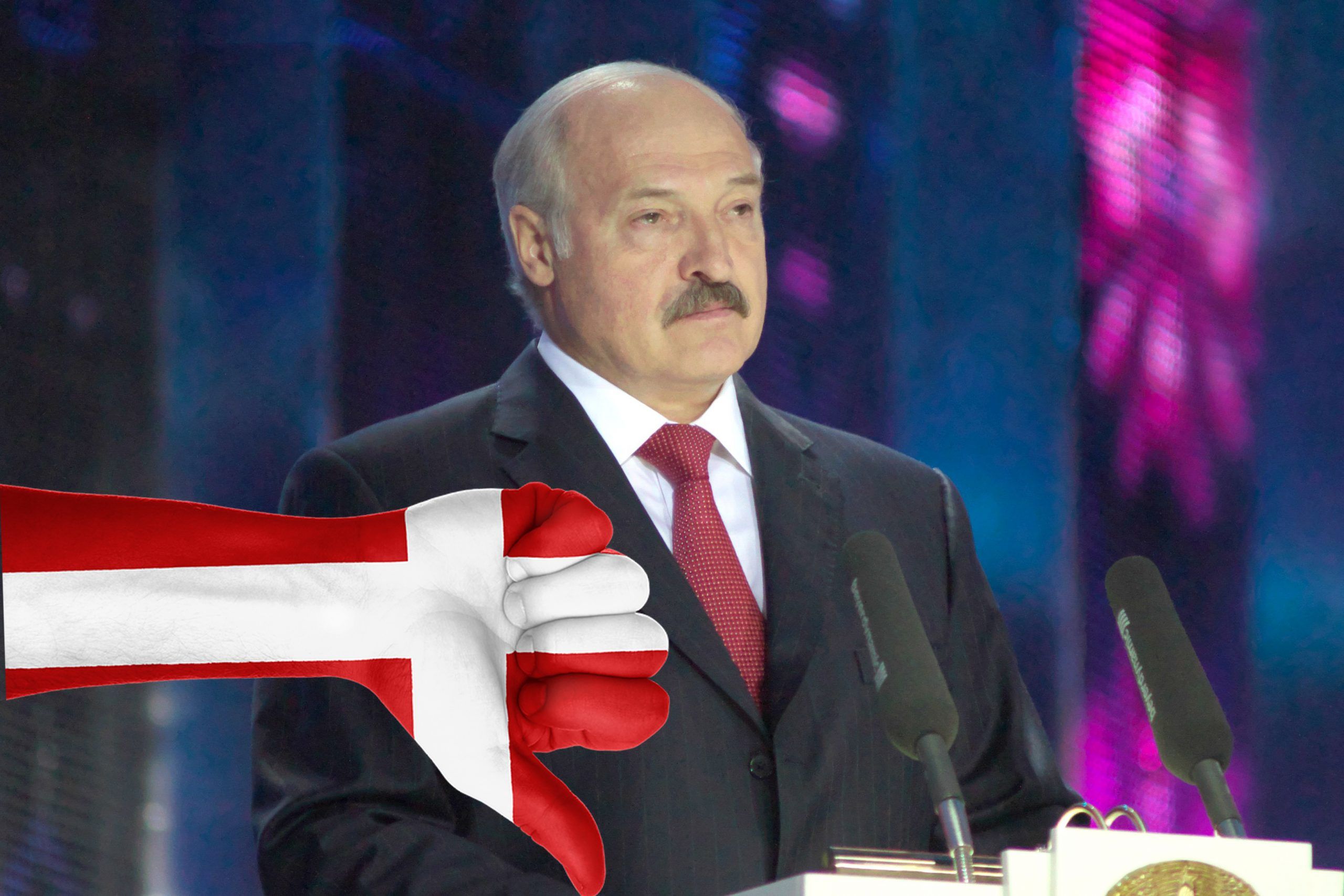Denmark and the rest of the EU are refusing to recognise Aleksandr Lukashenko as the leader of Belarus.
After Lukashenko was sworn in behind closed doors for a sixth term yesterday, the foreign minister, Jeppe Kofod, reiterated Denmark’s position on the issue.
“Lukashenko confirms his own lack of legitimacy by arranging a secret inauguration,” Kofod wrote on Twitter.
“#Belarus needs free and fair elections = a democratically elected president. Fraudulent elections should not lead Lukashenko to the presidential palace, but to the EU sanctions list. #eudk #dkpol.”
READ ALSO: Denmark chides Cyprus for blocking Belarus sanctions
Violence and intimidation tactics
Kofod said that it had been hoped that Luksashenko would enter into dialogue with the opposition in Belarus in terms of a new election, but that has not happened.
Instead, the regime has reacted with violence and intimidation against the hundreds of thousands of demonstrators who have taken to the streets in protest.
It is the clear position of the opposition and international observers that the election in August was rigged and the EU is working on levelling sanctions against the regime in response.
However, those efforts have thus far been derailed by Cyprus, which wants similar action taken against Turkey over gas drilling in the Mediterranean.















